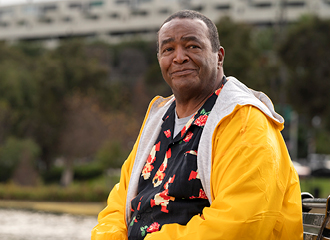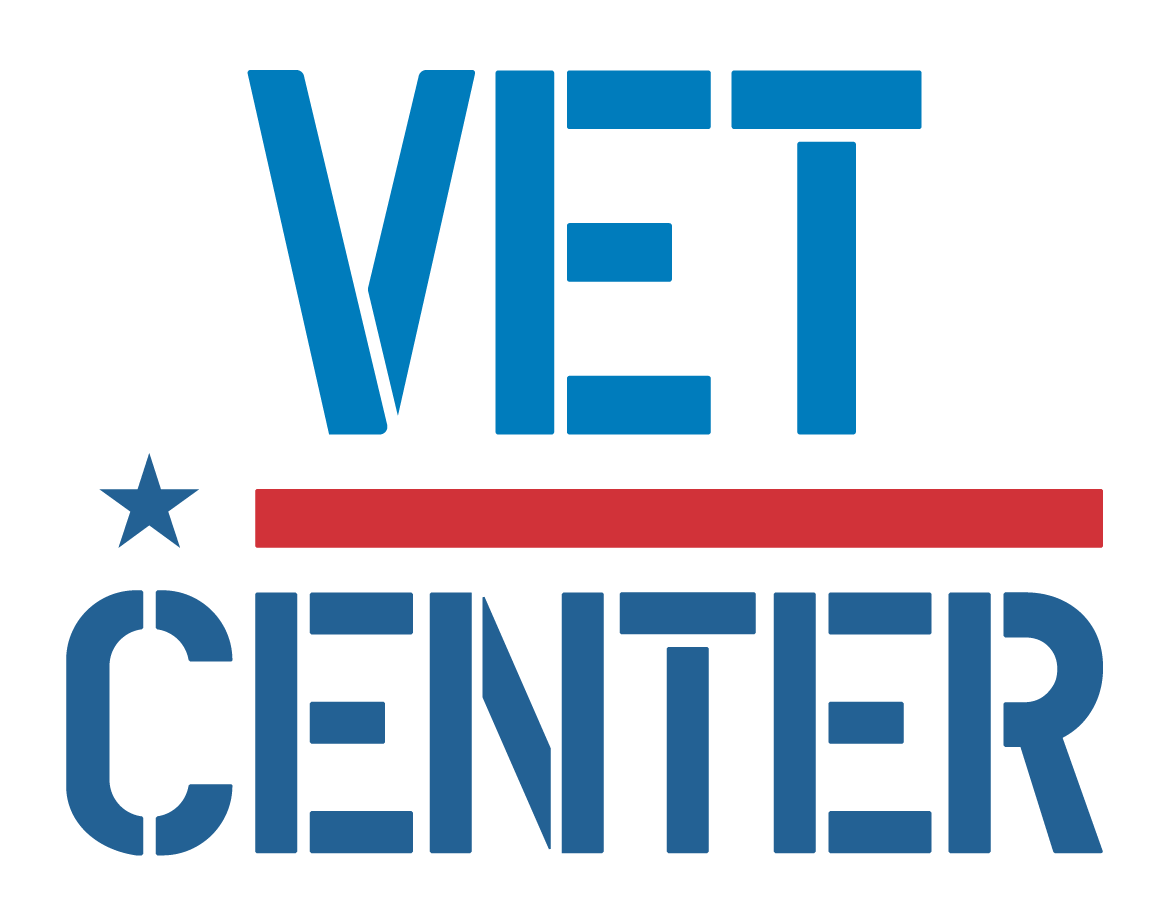Even the most responsible person can run into financial or legal problems. If you're dealing with money issues, your first impulse may be to borrow more money—but be aware that the additional debt and terms of some loans can quickly put extra strain on your finances and may lead to even more serious financial trouble.
Some Veterans are dealing with physical or emotional issues that may be related to financial or legal problems. You may lose sleep or feel severe stress because of the money or legal issues you're facing. Alternatively, your physical or emotional issues may be contributing to your financial or legal problems. For example, some people may gamble, spend money, or buy things because they think that doing so will make them forget about their other issues, but later they regret these actions.
There are steps you can take to help improve and better cope with your financial or legal situations. Here are some of the things you can do:
- Develop a budget for your expenses
- Avoid quick fixes to debt, such as short-term loans or maxing out your credit cards
- Be cautious of scams that sound “too good to be true”
- Let trusted people or reputable organizations help you avoid financial or legal trouble
- Avoid drinking too much alcohol, especially when making financial decisions
- Take medications only as directed by your doctor, and do not use illegal drugs
- Be open to changing your behavior and habits
It’s important to be aware of the resources available to you to help you overcome your financial or legal problems. As a Veteran, you have access to information about legal services and financial guidance from reliable sources such as VA, Vet Centers, and accredited Veterans Service Organizations. In some states, there are special courts available for Veterans with mental health needs, including issues related to substance use. If you are a Veteran in detention, jail, or prison, you may want to see if your community operates a Veterans Treatment Court.
Every day, Veterans from all military service branches and eras connect with proven resources and effective treatments. Here’s how to take the next step: the one that’s right for you.
New to VA? Apply for health care benefits.
- Getting started is simple. Create a free account online to help ease your enrollment process. To prepare to apply for VA health care in person, by telephone, or by mail, explore VA’s “How to Apply for VA Health Care” page.
- Not sure whether you are eligible for VA health care benefits? Read about eligibility for VA health care.
- Unsure of what kind of help you need? Call 877-222-VETS (877-222-8387) to find the right resources to meet your needs, Monday through Friday, 8:00 a.m. to 8:00 p.m. ET. If you have hearing loss, call TTY: 800-877-8339.
- Veterans’ family members and caregivers can see whether they qualify for VA medical benefits as a spouse, surviving spouse, dependent child, or caregiver. Explore family and caregiver health benefits.
Already enrolled in VA and interested in mental health support? Schedule a mental health appointment.
- If you’re already enrolled in and using VA health care, the fastest way to schedule VA appointments is to call the VA facility where you want to receive care.
- With VA appointments tools, you can schedule some VA health care appointments online, view details about upcoming appointments, and organize your health care calendar.
- If you’re not using VA medical services, contact your nearest VA medical center or Vet Center to talk about your needs.
What about other options at VA? VA offers a variety of tools and resources.
- The Veteran Training online self-help portal includes modules on managing anger, developing parenting and problem-solving skills, and more.
- Mental health apps for Veterans cover a variety of topics, ranging from PTSD to anger management to quitting smoking.
- VA TeleMental Health connects you with a VA mental health provider through a computer or mobile device in your home or at your nearest VA health facility. You can learn more about this option from your local VA medical center.
- Community-based Vet Centers provide confidential counseling, community engagement and referral services to eligible individuals and their families. You don’t need to be enrolled in VA healthcare or have a service connection to receive services. Find a Vet Center near you or call 877-927-8387, 24/7 to talk with a fellow Veteran about your experiences.
What about support outside of VA?
FindTreatment.gov and the National Resource Directory list programs outside of VA. Use these tools to find resources near you.
Learn more about what you can do if you are experiencing specific concerns related to financial and legal issues, such as alcohol or drug problems, gambling, homelessness, and posttraumatic stress.











